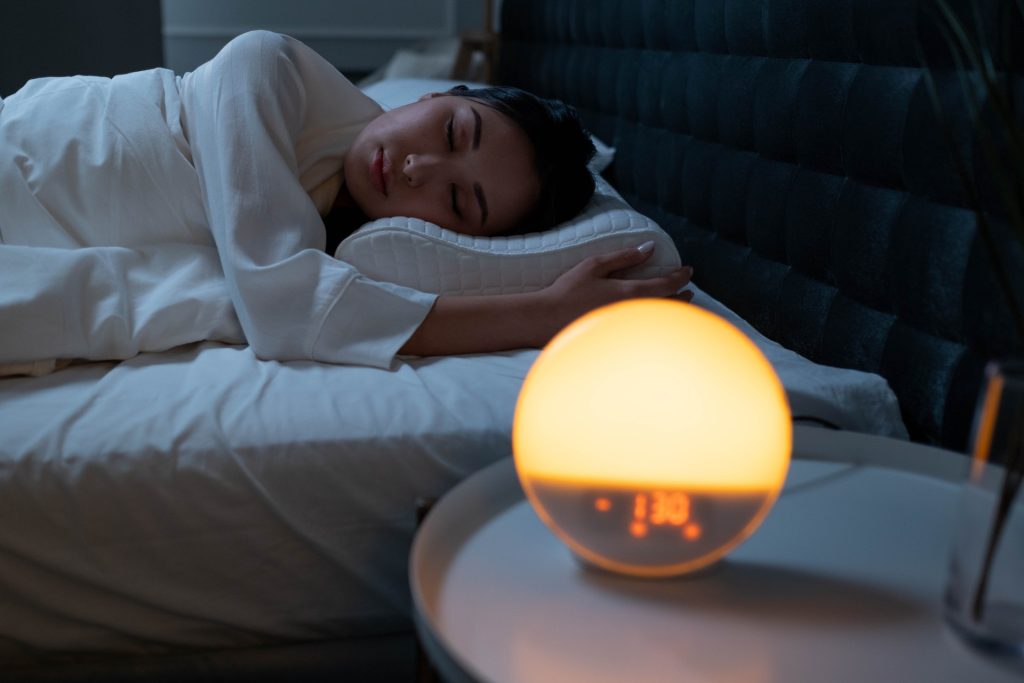
Hearing names repeated during deep sleep may help bolster recall of names and faces, according to new research from Northwestern University.
The researchers found that people’s name recall improved significantly when memories of newly learned face-name associations were reactivated while they were napping. Uninterrupted deep sleep was key in this improvement.
“It’s a new and exciting finding about sleep, because it tells us that the way information is reactivated during sleep to improve memory storage is linked with high-quality sleep,” said lead author Nathan Whitmore, a PhD candidate in the Interdepartmental Neuroscience Program at Northwestern University.
The research is reported in the Nature partner journal npj Science of Learning.

The results also highlighted the importance of adequate sleep: for study participants with EEG measurements that indicated disrupted sleep, the memory reactivation had no effect and may even be detrimental. But in those with uninterrupted sleep during the specific times of sound presentations, the reactivation helped participants recall just over 1.5 more names.
The study recruited 24 participants, aged 18-31 years old, who were asked to memorise the faces and names of 40 pupils from a hypothetical Latin American history class and another 40 from a Japanese history class. When each face was presented again, they were asked to recall the associated name. After the learning exercise, participants took a nap while the researchers carefully monitored brain activity using EEG measurements. When participants reached the N3 “deep sleep” state, some of the names were softly played on a speaker with music that was associated with one of the classes.
When participants awoke, they were again tested on recognising faces and recalling their names.
According to the researchers, the finding on the relationship between sleep disruption and memory accuracy is noteworthy for several reasons.
“We already know that some sleep disorders like apnoea can impair memory,” said Whitmore. “Our research suggests a potential explanation for this—frequent sleep interruptions at night might be degrading memory.”
The lab is currently exploring the reactivation of memories and deliberately disrupting sleep in order to learn more about the relevant brain mechanisms.
Source: EurekAlert!

